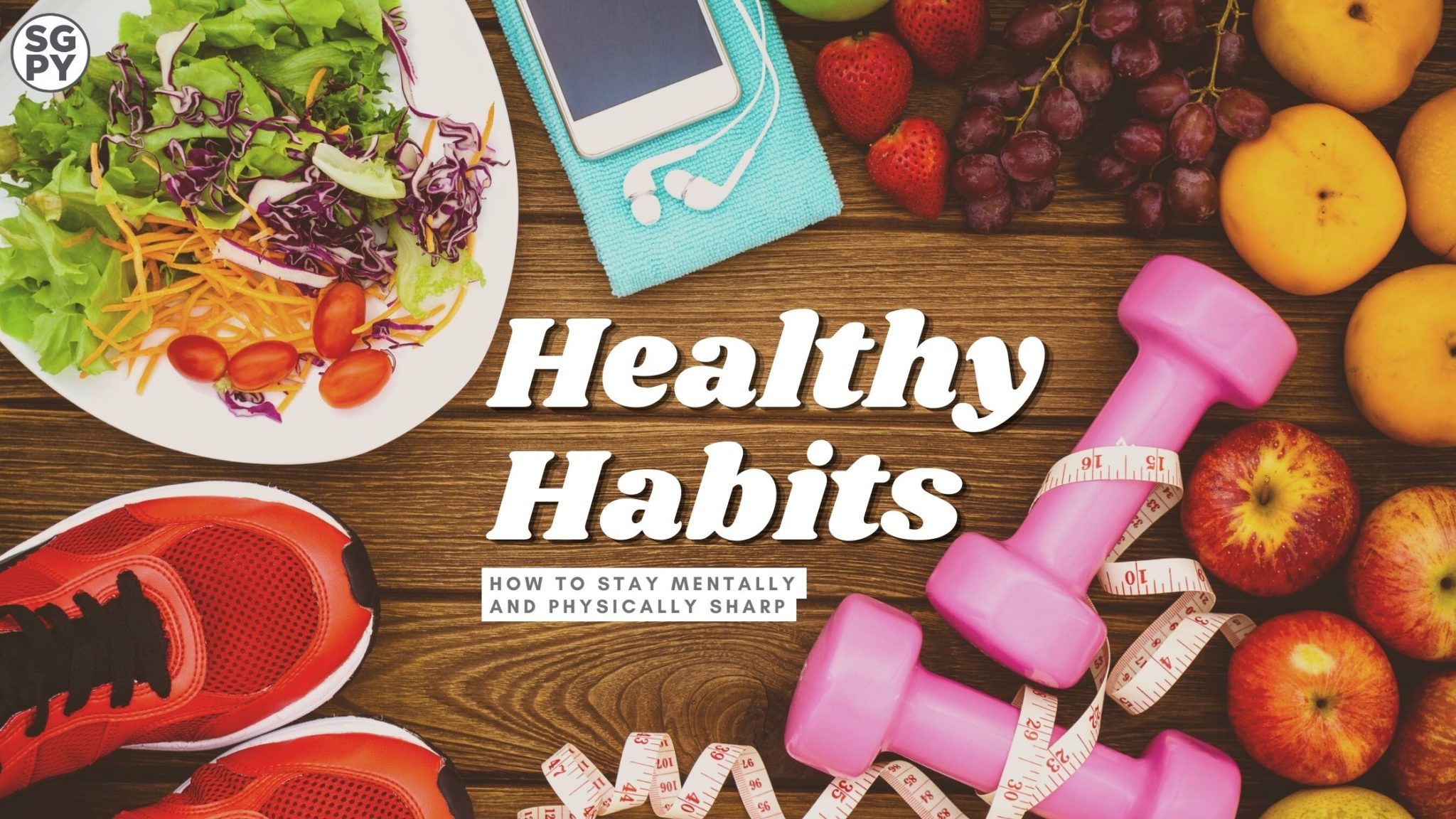Introduction to Post-Meal Practices

[Source: healthxchange.sg]
What you do after eating can significantly impact your digestive health and overall well-being. While many people rush back to their daily activities immediately after meals, this common practice might be causing more harm than good. Understanding proper post-meal habits is crucial for optimal digestion and nutrient absorption.
Your body requires substantial energy to process the food you consume. During digestion, blood flow increases to your digestive system, making it essential to avoid activities that might redirect this blood flow elsewhere. Just as selecting wholesome foods from supermarkets matters, your post-meal behavior plays a vital role in maintaining digestive health.
Scientific research highlights several activities that can interfere with proper digestion. These range from physical exercises to seemingly harmless habits like drinking large amounts of water. By understanding which activities to avoid, you can support your body’s natural digestive process and prevent common issues such as indigestion, bloating, and acid reflux.
The timing of your post-meal activities also matters significantly. The first 30-60 minutes after eating are particularly critical, as this is when your digestive system is most active. During this period, your body breaks down food and begins absorbing essential nutrients. Similar to how eliminating bread from your diet can affect your body, your post-meal choices can influence how effectively your body processes nutrients.
Activities to Avoid After Eating
![6 Things You Should Avoid After a Meal [Infographic]](https://5funfacts.com/wp-content/uploads/2024/12/d9a6ec5536d41fad1e648c9521df0e7b.jpg)
[Source: 5funfacts.com]
Your post-meal routine significantly influences your digestive health. Here are several activities you should avoid right after eating to maintain optimal digestion and prevent potential health issues.
1. Smoking
While smoking is harmful at any time, lighting up after meals can be particularly detrimental. During digestion, nicotine absorption increases dramatically, amplifying its negative effects on your body. This heightened absorption can block essential vitamins and minerals from being properly processed by your system [#1].
2. Tea and Coffee Consumption
Despite the popular habit of having tea or coffee after meals, these beverages can interfere with nutrient absorption. Most notably, they disrupt iron assimilation, a crucial mineral for your body’s functions . This interference can particularly affect those with iron deficiency or anemia.
3. Physical Exercise
While staying active is beneficial for your health, exercising immediately after eating can lead to various uncomfortable symptoms. You might experience hiccups, nausea, and in some cases, face an increased risk of trauma and convulsions . Your body needs time to properly digest food before engaging in physical activity.
4. Showering
A post-meal shower might seem refreshing, but it can disrupt your digestive process. The warm water redirects blood flow to your skin, which can slow down your metabolism and impair proper digestion . This shift in blood flow can affect how efficiently your body processes nutrients.
5. Immediate Sleep
Falling asleep right after eating can trigger various digestive issues. This habit often leads to heartburn, excessive burping, and increased acidity. More seriously, sleeping on a full stomach may raise the risk of stroke . Allow at least 2-3 hours between your last meal and bedtime.
Detailed Insights on Specific Activities
Why Showering After Eating May Be Harmful
Taking a shower after meals disrupts your body’s natural digestive process in several ways. When you shower with warm water, your body redirects blood flow to your skin surface, reducing the blood supply available for digestion [#2]. This blood flow redistribution can slow down your metabolism and impair nutrient absorption, potentially leading to digestive discomfort.
Impact of Tea and Coffee on Nutrient Absorption
While many people enjoy a hot beverage after meals, this habit might interfere with your body’s nutrient processing abilities. The tannins in tea and coffee can bind with minerals from your food, particularly iron, reducing their absorption. For those with existing nutritional deficiencies, this interference becomes especially significant. Consider waiting at least 30-60 minutes after your meal before enjoying these beverages.
Effects of Exercise on Digestion
Vigorous physical activity immediately following a meal can trigger various uncomfortable symptoms. Exercise diverts blood flow away from your digestive system to your muscles, potentially causing vomiting, stomach puffiness, and digestive issues [#3]. Additionally, poor posture during post-meal activities, such as loosening your belt or reclining, can disrupt proper digestion and may lead to acid reflux [#4].
Stress and Digestion Connection
Mental state plays a crucial role in digestion. Stress after eating can significantly impact your digestive process by reducing blood supply to your digestive system . Your lymphatic system, which helps maintain proper digestion, can become compromised under stress. Taking a few minutes to relax after meals supports better nutrient absorption and overall digestive health.
Conclusion
Summary of Key Points
Making smart choices after meals significantly impacts your digestive health and overall well-being. The period following a meal requires careful attention to support proper digestion and nutrient absorption. Avoiding certain activities like smoking, intense exercise, or immediate showering helps maintain optimal digestive function.
Recommendations for Healthy Post-Meal Habits

[Source: SignaPay.com]
Instead of rushing into activities that might disrupt digestion, consider these beneficial practices:
- Take a gentle 10-15 minute walk to aid digestion
- Maintain good posture while sitting
- Wait at least 30 minutes before drinking tea or coffee
- Practice mindful breathing or light stretching
- Stay upright for at least 2 hours after eating
Small lifestyle adjustments in your post-meal routine can lead to substantial improvements in your digestive health. Just as the Royal Family maintains strict dietary schedules, incorporating these healthy habits into your daily routine can boost your metabolism and energy levels. Remember, sustainable weight management relies more on these daily habits than on extreme measures.
By following these guidelines and listening to your body’s needs, you can optimize your digestive process and prevent common discomforts. Focus on creating a relaxed environment after meals, allowing your body to process nutrients effectively. These simple yet powerful changes will contribute to better digestion and improved overall health.